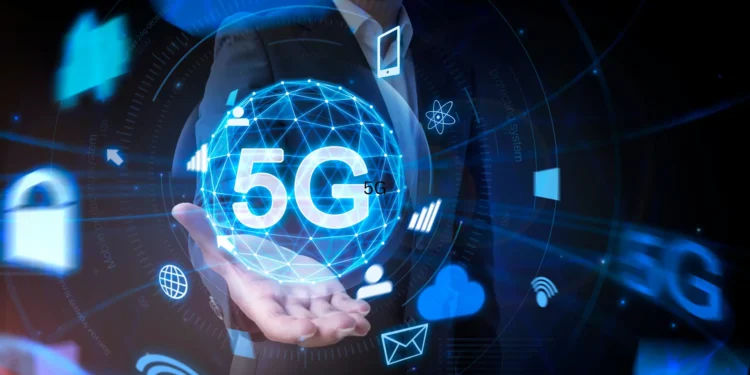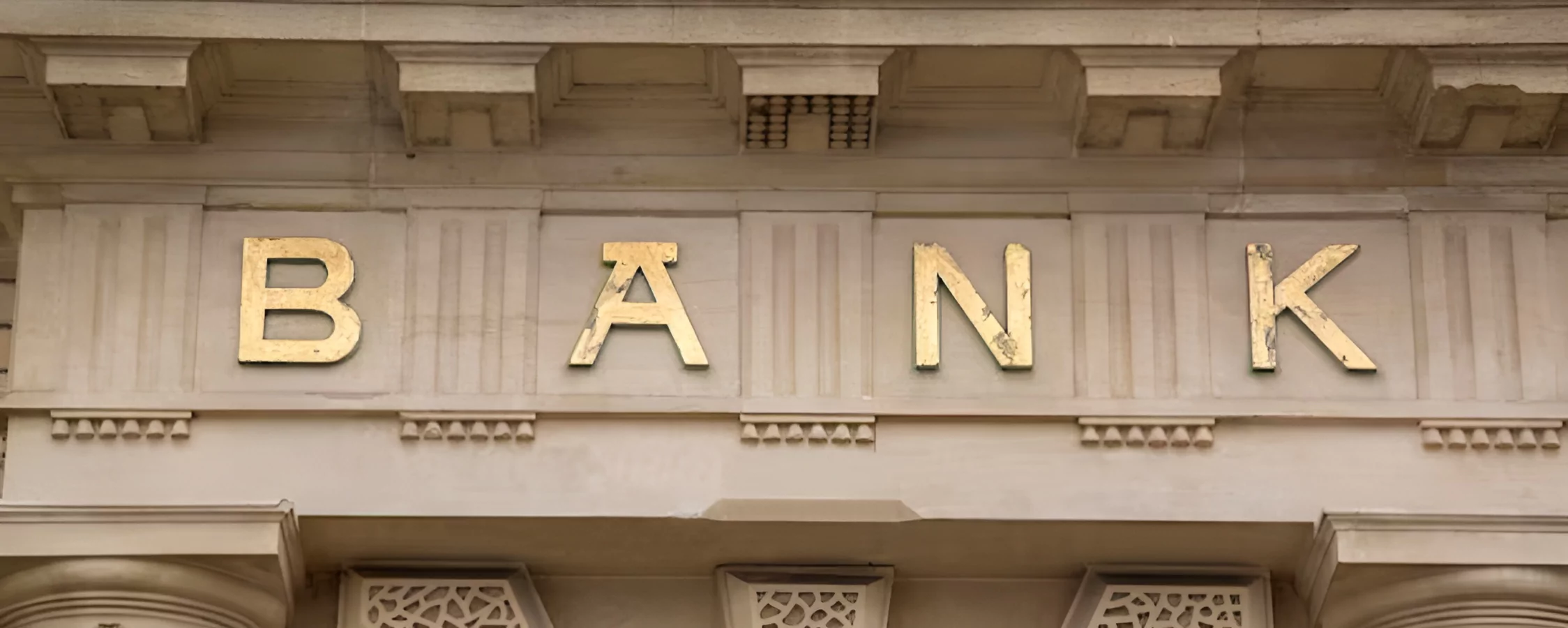The rollout of 5G networks promises to transform numerous industries through faster speeds, lower latency, and ubiquitous connectivity. The financial technology sector is poised to benefit greatly from 5G technology advancements through innovative applications that can improve services, streamline processes, and enhance the customer experience. This article will explore several ways that 5G has the potential to help improve fintech by enabling new solutions and business models.
How Can 5G Impact Payments?
5G networks have the potential to completely transform digital payments by enabling almost instantaneous transactions. 5G technologies can support advanced applications like augmented/virtual reality commerce and enable real-time payment processing at even big retail locations with latency sub 10 milliseconds. Additionally, 5G might hasten the adoption of contactless payments by enabling card-free checkout via fingerprint and face recognition biometrics recorded on smart devices. Financial inclusion may increase with the introduction of new mobile money services in emerging nations. In general, reduced latency and higher speeds result in speedier checkout, which enhances the shopping experience for customers at stores.
5G networks have the potential to completely transform digital payments by enabling almost instantaneous transactions. 5G technologies can support advanced applications like augmented/virtual reality commerce and enable real-time payment processing at even big retail locations with latency sub 10 milliseconds. Additionally, 5G might hasten the adoption of contactless payments by enabling card-free checkout via fingerprint and face recognition biometrics recorded on smart devices. Financial inclusion may increase with the introduction of new mobile money services in emerging nations. In general, reduced latency and higher speeds result in speedier checkout, which enhances the shopping experience for customers at stores.
How Can 5G Improve Fintech Customer Experience?

Augmented and virtual reality represent new frontier technologies that 5G can elevate to improve various fintech functions. Advisors can utilize AR/VR to interact with clients through virtual meeting spaces while co-browsing open banking portfolios and APIs. VR financial education software may engage learners through simulations to develop important life skills. Customized AR overlays can also provide consumers with contextual product and brand information while shopping. 5G makes these futuristic solutions viable by providing the wireless bandwidth required to support real-time, high-definition content overlays optimized for mobility.
How Can 5G Impact Lending and Underwriting?
next-generation lending models rely upon data-driven underwriting extracting insights from non-traditional sources. 5G facilitates ubiquitous adoption of IoT sensors enhancing risk assessment for insurtech applications by connecting “smart” homes and cities through networked devices continually monitoring conditions. Lenders may factor alternative repayment likelihood predictions derived from applicants’ financial management behaviors observed online or via wearables. Overall, 5G promises improving access, insight extraction, and quick decision-making benefits across fintech verticals empowering alternative credit protocols.
How Can 5G Improve Fintech Trading and Investing?
Capital markets can benefit from 5G technology by having faster trading platforms that support higher bandwidth applications. Algorithmic high-frequency activity can be facilitated by faster market data transmission and order execution. Investors can use mixed reality for virtual trading floors that compile scattered market information while on the go. AR overlays can combine streaming financial update feeds with surrounding environments. Low latency virtual private networks powered by 5G also make secure file transfers possible, which is crucial for financial advisors who support clients remotely through multi-media portals. In summary, 5G improves market infrastructure for both automated and human-driven trading functions.
How Can 5G Impact Regtech and Security?
Compliance constitutes a growing FinTech vertical that 5G could help improve. Regulators may leverage network slicing capabilities providing dedicated secure lanes for sensitive financial data transfers upholding privacy and cybersecurity. Cryptocurrency businesses may roll out audit tools to monitor exchanges via distributed ledger nodes communicating over 5G infrastructure. AI-powered surveillance applications can process broader data volume supporting regulators’ digital Footprint analysis improving AML abilities. Ubiquitous connectivity further supports work-from-anywhere compliance teams accessing systems remotely via low-latency VPNs. Overall, a ubiquitous connectivity ecosystem powered by 5G promises to enhance regulatory technology operations.
How Can 5G Impact Financial Inclusion?

Rural and emerging market connectivity remains a persistent barrier to inclusive finance that 5G appears well-suited to alleviating. Its wide coverage profiles accommodate dispersed populations through network blankets replacing dense cellular grids. As 5G networks require fewer transmission towers to saturate vast areas, deployment costs decline to open underbanked regions. Meanwhile, new 5G tower sites may host alternative energy capture devices increasing coverage sustainability profiles. Low-latency applications promote virtual banking communities filling physical gaps through AR collaboration interfaces accessible anywhere. Adoption should accelerate through mobile money, digital lending, and investment startups leveraging the 5G infrastructure underway.
How Can 5G Impact Robotic Financing?
With the expansion of human-robotic interaction in factories, cloud-based teleoperation powered by 5G infrastructure raises the bar for remote equipment controls. Network edge processors reduce latency, allowing for real-time robotic health diagnostics, financial advice, and warehouse operations. Through platforms that automate data collection, processing, and decision-making, 5G networks also enable crowdsourced robotic capital, reducing the hurdles to entry for individual investors. Many financial operational processes that rely on quick, widespread data transfers are being revolutionized by augmented workforces, who are managing scaled operations freely across digital boundaries.
Conclusion | How Can 5G Improve Fintech
Global fintech might advance tremendously with the help of 5G technology, which will drive platform improvements, new services, and new connectivity models. Its low-latency data streaming, wide coverage, and multicasting networked device capabilities set the stage for addressing issues with product delivery, regulatory effectiveness, and financial inclusion. Even though development is still in its early stages, early tests have shown that 5G capacity will improve the fundamental infrastructure that will support future advances in fintech that will benefit consumers and businesses globally.













